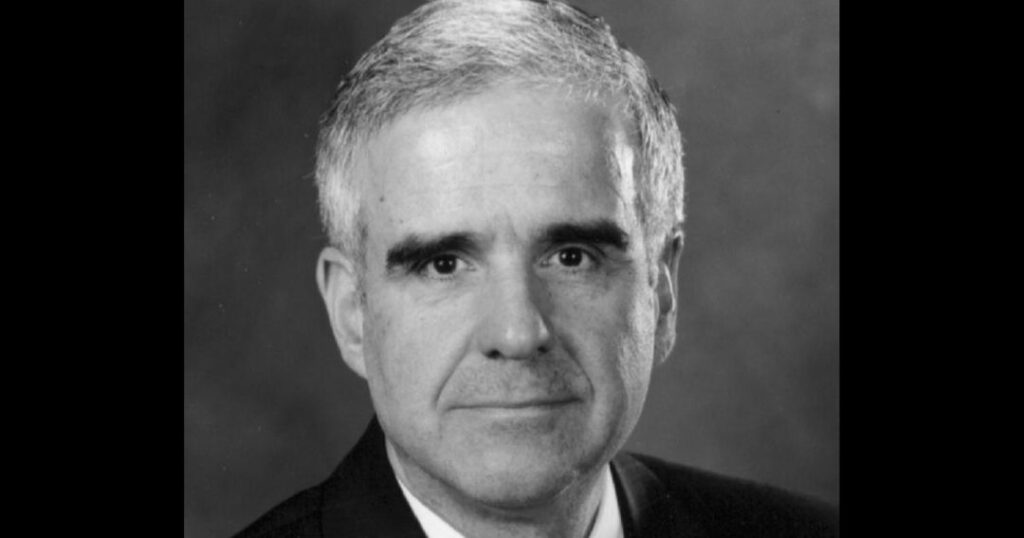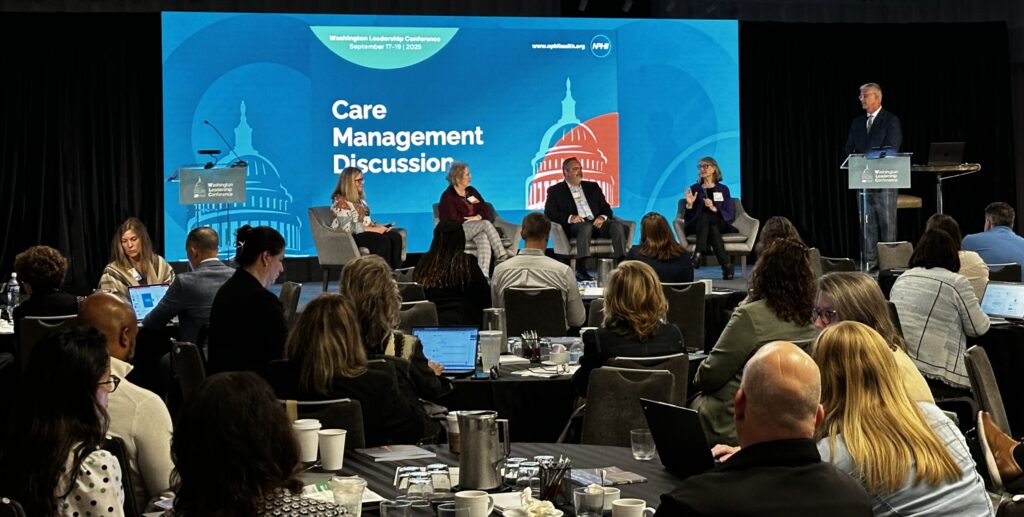Heart disease is responsible for one in four deaths in the United States and amidst the pandemic, heart patients are at higher risk of complications and death but more likely to forgo treatment
WASHINGTON (Dec 9, 2020)–The National Partnership for Healthcare and Hospice Innovation (NPHI), the national voice for not-for-profit hospice and palliative care providers, today announced a cross-industry cardiac care initiative. In collaboration with partners dedicated to improving cardiac care, the organization and its membership of not-for-profit hospice organizations nationwide, will develop clinical protocols as well as patient and family education resources to be released early next year.
People with advanced congestive heart failure often receive care too late to enhance quality of life in the later stages of disease because they underutilize hospice services proven to improve care quality. The guidelines are a priority as evidence mounts that heart patients continue to postpone hospital care in fear of COVID-19, even as heart disease puts them at greater risk – cardiovascular complications contribute to roughly 40% of all COVID-19-related deaths.[i] Even when a vaccine becomes available, heart disease is expected to remain the number one cause of death in the United States[ii], and to continue to have a disproportionate toll on many racial and ethnic groups that have higher rates of cardiovascular disease and its risk factors.[iii]
“Preventing cardiac events and the related intensive care unit (ICU) admissions, mechanical ventilation and mortality[iv] has clinical, emotional and financial implications for patients and our healthcare system – particularly as hospitals face resource shortages due to COVID-19,” said Tom Koutsoumpas, president and CEO of the National Partnership of Healthcare and Hospice Innovation (NPHI). “Improved awareness of community resources and clinical best practices is critical to improving care quality and cost efficiencies.”
The large majority of patients and caregivers prefer to receive care in the comforts of their home environment, particularly amidst a pandemic when visitor policies, concerns about spread of the virus and a desire to avoid overtaxing hospitals intensifies preferences. However, only 5% of heart failure patients discharged from the hospital utilize in-home hospice services.[v] Patients with cardiovascular disease are substantially more likely than those with other diseases, such as cancer, to die in the hospital or nursing facility than in the comfort of their home.[vi] Evidence reflects lack of awareness of hospice and palliative care offerings in the community is one of the primary barriers to improved quality and access.
Hospice and advanced illness providers offer quality primary care at home, even for those who are not terminal, helping to avert the multiple hospital and emergency room visits often associated with advanced heart disease over months or years. At the community level, not-for-profit hospice programs are also uniquely positioned to address co-morbid conditions, structural barriers, and psychosocial standings that complicate the prevention, diagnosis, and management of cardiovascular disease in racial and ethnic groups.
“Far too many Americans die alone in hospitals from heart failure because too often, clinicians and patients – particularly minority patients – are not made aware of how not-for-profit hospice and advanced illness care organizations can provide affordable quality care at home,” said Cameron Muir, M.D., FAAHPM, Chief Innovation Officer for NPHI. “By collaborating with the nation’s leading experts in cardiac care, palliative care and advanced illness, the guidelines we are developing will provide clarity and access to critical insights, clinical protocols and resources that are urgently needed to address devastating gaps in care.”
Together with national and community partners, NPHI will be working to better understand the needs of patients, family members and clinicians and develop evidence-based tools that improve care quality, communication and costs. The initial set of resources is expected to be rolled out in Q1 of 2021.
About the National Partnership for Healthcare and Hospice Innovation
The National Partnership for Healthcare and Hospice Innovation (NPHI) is a collaborative of 70+ not-for-profit, community-integrated, hospice and palliative care providers from across the United States who play a unique role as a crucial safety net for the sickest, most vulnerable patients in the communities they serve. For more information, visit www.nphihealth.org.
Press Contact:
Shira Derasmo
917-280-2497
shira.derasmo@bcw-global.com
[i] https://www.heart.org/en/news/2020/09/03/what-covid-19-is-doing-to-the-heart-even-after-recovery
[ii] https://professional.heart.org/en/science-news/heart-disease-and-stroke-statistics-2020-update
[iii] https://www.heart.org/idc/groups/heart-public/@wcm/@hcm/@ml/documents/downloadable/ucm_429240.pdf
[iv] https://www.ncbi.nlm.nih.gov/pmc/articles/PMC7206411/
[v] https://www.ncbi.nlm.nih.gov/pmc/articles/PMC6545999/
[vi] https://www.ahajournals.org/doi/10.1161/JAHA.119.013844




